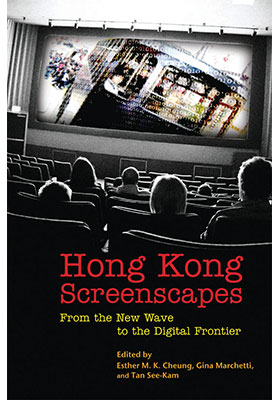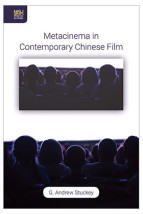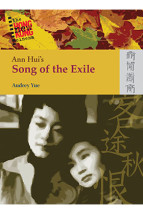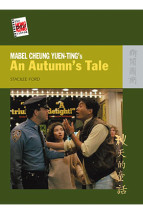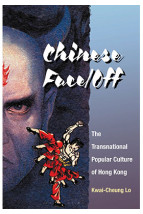Hong Kong Screenscapes
From the New Wave to the Digital Frontier
(香港電影圖景:從新浪潮到數碼領域)
ISBN : 978-988-8028-56-6
November 2010
320 pages, 6″ x 9″, 40 b&w illus.
- HK$195.00
Ebooks
Global connections and screen innovations converge in Hong Kong cinema. Energized by transnational images and human flows from China and Asia, Hong Kong’s commercial filmmakers and independent pioneers have actively challenged established genres and narrative conventions to create a cultural space independent of Hollywood. The circulation of Hong Kong films through art house and film festival circuits, as well as independent DVDs and galleries and internet sites, reveals many differences within global cultural distributions, as well as distinctive tensions between experimental media artists and traditional screen architects. Covering the contributions of Hong Kong New Wave directors such as Wong Kar-wai, Stanley Kwan, Ann Hui, Patrick Tam, and Tsui Hark, the volume links their spirit of innovation to work by independent, experimental, and documentary filmmakers, including Fruit Chan, Tammy Cheung, Evans Chan, Yau Ching and digital artist Isaac Leung. Within an interdisciplinary frame that highlights issues of political marginalization, censorship, sexual orientation, gender hierarchies, “flexible citizenship” and local/global identities, this book speaks to scholars and students within as well as beyond the field of Hong Kong cinema.
“This fascinating collection of scholarly articles and interviews provides a welcome corrective to the perception of cinema in Hong Kong consisting solely of mainstream productions. Uncovering a rich history of independent traditions from the 1960s to the present, the book is an indispensable reference for anyone interested in Hong Kong film and world cinema more generally.” —Tim Bergfelder, University of Southampton
“Hong Kong Screenscapes makes a profoundly important contribution by collecting essays that unearth hidden dimensions of Hong Kong screenscapes from the 1960s to the present. This very useful volume, in which the contributors illuminate different aspects of this vital issue, will prove invaluable for both research and teaching in film and cultural studies.” —Stephen Yiu-wai Chu, Hong Kong Baptist University

